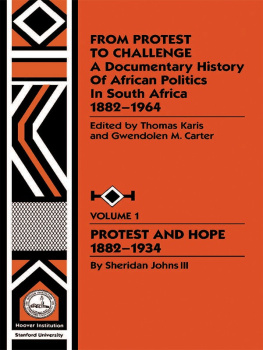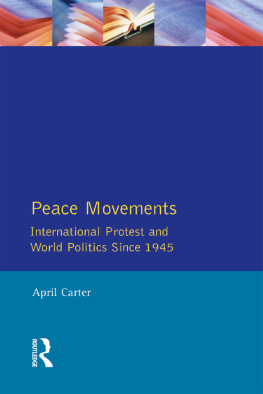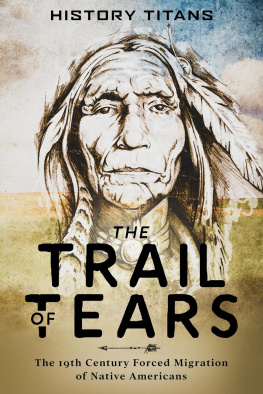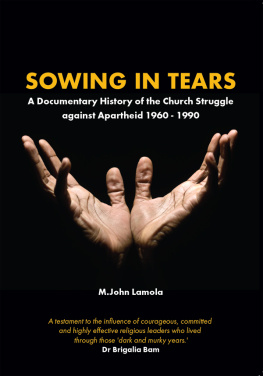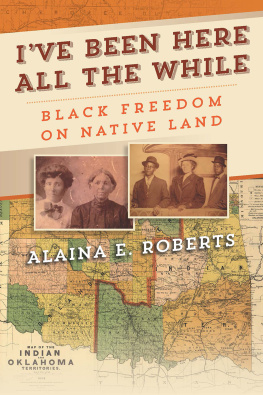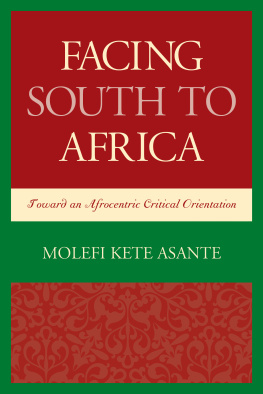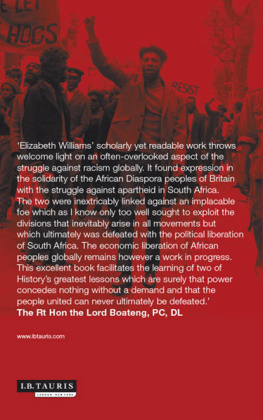DOCUMENTS
Early African Political Activity
DOCUMENT 1. Statement by S.N. Mvambo on the purpose of Imbumba, December 1883 [Extract] (Published in An African Bourgeoisie, by Leo Kuper)
Anyone looking at things as they are, could even go so far as to say it was a great mistake to bring so many church denominations to the Black people. For the Black man makes the fatal mistake of thinking that if he is an Anglican, he has nothing to do with anything suggested by a Wesleyan, and the Wesleyan also thinks so, and so does the Presbyterian. Imbumba must make sure that all these three are represented at the conference, for we must be united on political matters. In fighting for national rights, we must fight together. Although they look as if they belong to various churches, the White people are solidly united when it comes to matters of this nature. We Blacks think that these churches are hostile to one another, and in that way we lose our political rights.
From Protest to Challenge
A DOCUMENTARY HISTORY OF AFRICAN POLITICS IN SOUTH AFRICA 1882-1964
Edited by
Thomas Karis and Gwendolen M. Carter
Volume I
Protest and Hope 1882-1934
by Sheridan Johns, III
Hoover Institution Press
Stanford University Stanford, California
The Hoover Institution on War, Revolution and Peace, founded at Stanford University in 1919 by the late President Herbert Hoover, is an interdisciplinary research center for advanced study on domestic and international affairs in the twentieth century. The views expressed in its publications are entirely those of the authors and do not necessarily reflect the views of the staff, officers, or Board of Overseers of the Hoover Institution.
Hoover Press Publication 89
Copyright 1972 by the Board of Trustees of the Leland Stanford Junior University
All rights reserved. No part of this publication may be reproduced, stored in a retrieval system, or transmitted in any form or by any means, electronic, mechanical, photocopying, recording, or otherwise, without the written permission of the publisher.
First printing, 1972
First paperback printing, 1987
ISBN 0-8179-1892-2 (vol. 1)
ISBN 0-8179-1222-3 (vol. 2)
ISBN 0-8179-6232-8 (vol. 3)
ISBN 0-8179-6612-9 (vol. 4)
Manufactured in the United States of America
91 90 9 8 7 6 5 4
The Library of Congress has catalogued the first printing of this title as follows:
From protest to challenge; a documentary history of African politics in South Africa, 18821964. Edited by Thomas Karis and Gwendolen M. Carter. Stanford, Calif., Hoover Institution Press [1972]77.
4 v. 24 cm. (Hoover Institution publications, 89, 122123, 161)
Includes bibliographies.
Contents: v. 1. Protest and hope, 18821934, by S. Johns, III.v. 2. Hope and challenge, 19351952, by T. Karisv. 3. Challenge and violence, 19531964, by T. Karis and G. M. Gerhart.v. 4. Political profiles, 18821964, by M. Gerhart and T. Karis.
ISBN 0-8179-1891-4 (v. 1)
ISBN 0-8179-1221-5 (v. 2)
ISBN 0-8179-6231-X (v. 3)
ISBN 0-8179-6611-2 (v. 4)
1. BlacksSouth AfricaPolitics and government. 2. South AfricaNative races. I. Karis, Thomas, 1919 ed. II. Carter, Gwendolen Margaret, 1906 ed. III. Series: Hoover Institution publication; 89, etc.
DT763.F73 323.4'968 72-152423
MARC
eISBN: 978-0-8179-1893-4
To the African People of South Africa
For the role they have played during the last 50 years to establish, peacefully, a society in which merit and not race would fix the position of the individual in the life of the nation.
Albert J. Lutuli
Nobel Peace Prize Address
December 10, 1961
PREFACE TO THE 1990 PRINTING
The Hoover Institution has decided to reprint the four volumes of From Protest to Challenge in paperback so as to make this source more widely available to scholars and students interested in South Africa. To rescue from obscurity the voices of protest in South Africa was a unique undertaking. Equally important was their publication in the form of documentary historiesa venture pioneered by the Hoover Institution. The background of this project, which took 12 years to complete, therefore is worth noting.
In 19611962, following the lead of Hoover curators in other collecting areas, I went to South Africa to establish contacts for receiving materials. Once there, I established a network of collectors and suppliers, most notably Benjamin Pogrund of the Rand Daily Mail. Pogrund set about filming the archives, files, and papers of opposition groups and individuals, while I purchased, often clandestinely, political ephemera and long runs of proscribed radical newspapers such as the Guardian.
After Pogrund filmed a collection, a copy of the film was given to the group or individual for hiding and a copy was sent to the Hoover Institution. (A few collections never made it to Hoover; for example, the papers of Edward Roux, former executive secretary of the South African Communist Party.) Most of these collections remain at the institution. Others were given to the Center for Research Libraries to facilitate wider use.
With this material and the purchase of the microfilm record of the Treason Trial of 19561961, the Hoover Institution had a rare collection of documents. The prosecution in the Treason Trial submitted as evidence some 4,000-5,000 documents, ranging from books and pamphlets to transcripts of meetings, political ephemera, and letters primarily of the period since the defiance campaign of 1952 but also referring to earlier years. In 1962 the Hoover Institution awarded a grant to Dr. Thomas Karis to come to Hoover to prepare a guide to the 25 reels of film (some 19,000 pages). His work was published by the Hoover Institution Press as The Treason Trial in South Africa: A Guide to the Microfilm Record of the Trial [Stanford, 1965].
The richness of the material proved such that I suggested to Dr.Karis that he undertake a documentary history of opposition groups in South Africa. He agreed, and asked Dr.Gwendolen M.Carter to join him. The Hoover Institution provided additional honoraria. During extensive field trips to South Africa in 1963 and 1964, funded by the Ford Foundation for research on South Africa's Transkei: The Politics of Domestic Colonialism (with Newell M. Stultz, Northwestern University Press), Dr. Karis and Dr. Carter concurrently began to collect and to copy primary historical material and to interview African and other political veterans. The scope of the documentary history was expanded to include politics from 1882 on.
Originally a one-volume work was planned. Subsequently Sheridan Johns III and Gail M.Gerhart joined the effort, and the search for additional source material was extended within South Africa and to British and American private collections, libraries, and archives. The project was enlarged to four volumes and was concluded in 1977, with Johns serving as author of volume one, Karis of volume two, Karis and Gerhart of volume three, and Gerhart and Karis of volume four under the general editorship of Karis and Carter. A companion volume inventorying the primary material that had been microfilmed on 71 reels was published by the Southern African Research Archives Project in Bloomington, Indiana as South African Political Materials: A Catalogue of the Carter-Karis Collection.
In addition to the initial stimulus, the Hoover Institution continued to give advice on the project. The press worked closely with the editors of this massive project. Even at a time of rising publication costs, the Hoover Press made no suggestions to abridge the material beyond what the editors themselves thought useful, and the editors were completely free to include or to exclude material and to determine the scope and emphasis of these volumes.

